European citizens have started submitting their ideas on the EU they want. A group of 800 citizens were selected for the panels – thematic working groups – which started their discussion on 17 September (the next panel will be held on 24-26 September in Strasbourg). But many more have expressed their ideas and suggestions on the digital platform of the Conference on the Future of Europe. The first “Interim Report”, published online, provides a snapshot of the contributions received from April 19, when the platform was launched, to August 2. Two more reports, to be issued over the coming months, will build on this work. During the period under review, 19,679 contributions, were recorded on the platform, with 6,115 ideas, 11,879 comments and 1,685 events. The ideas expressed are grouped together irrespective, for the time being, of the “volume of ideas or comments made in relation to a given topic”, since, the report explains, “the aim is to provide a general overview of the breadth and diversity of ideas proposed on the platform currently, rather than focusing on the relative support of the ideas at this stage.”
On the subject of European democracy, which recorded the highest number of contributions (3,641), the topic of the “federalisation of the EU” is frequently raised, understood as decentralisation with greater powers for the Member States; institutional reforms are proposed, with the aim of making the EU institutions more efficient and transparent and bringing them closer to the citizens (with the implementation of qualified majority voting rather than unanimity in the Council and a greater role for the European Parliament). Citizens also call for
“mechanisms to improve the participation of EU citizens”
by electing an EU President, transnational party lists for European Parliament elections or transnational campaigns. Measures are suggested to make citizen consultations and participation a structural part of EU governance.” Proposals include “mechanisms and means to protect democratic values with regard to lobbying, corruption and measures against governments violating democratic principles.”
 The topic of Climate and environmental change was given great emphasis (with the second highest number of contributions, 3,156). Proposals range from measures to tackle global carbon emissions, water pollution and light pollution to measures to encourage the development and use of alternative, eco-friendly transport. Contributors stress the importance of agriculture with requests to eliminate the use of pesticides, promote local farming, biodiversity, vegetarian or vegan diets and fair prices for farmers. Contributors also call for measures to promote more sustainable consumption (in sectors ranging from tourism, fashion to electronic appliances) and to address waste. They demand the halting of environmentally unfriendly subsidies and the proposal of a sustainability tax along with promotion of and investment in alternative energy sources.
The topic of Climate and environmental change was given great emphasis (with the second highest number of contributions, 3,156). Proposals range from measures to tackle global carbon emissions, water pollution and light pollution to measures to encourage the development and use of alternative, eco-friendly transport. Contributors stress the importance of agriculture with requests to eliminate the use of pesticides, promote local farming, biodiversity, vegetarian or vegan diets and fair prices for farmers. Contributors also call for measures to promote more sustainable consumption (in sectors ranging from tourism, fashion to electronic appliances) and to address waste. They demand the halting of environmentally unfriendly subsidies and the proposal of a sustainability tax along with promotion of and investment in alternative energy sources.
In the area of Economy, social justice and jobs, the request is for “a more inclusive and socially just Europe,” with proposals that include, inter alia, “various taxation formats for a fair and inclusive economy, such as tax measures to ensure a fair competition between companies, environmental taxes and a minimum EU-wide tax to counter tax havens.” As regards social security measures, the Unconditional Basic Income is the most frequently discussed idea.
EU citizens make repeated reference to the European Pillar for Social Rights
and call for “a common tax policy”, with European fiscal reform for a more united European future, including more EU own resources; there is a repeated request for a “review of the Stability and Growth Pact” and for an expansion of the Recovery Fund as well as support for local production and local consumption. With regard to labour, requests focus on clearer rules for home working, shorter working weeks, ban on unpaid internships; facilitate labour mobility within the EU, investing in innovation, education and R&D.
Contributors to the theme of the “EU in the World”, called for “a more assertive foreign policy” and “a stronger EU presence in the global political arena.” Ideas include the creation of an EU army to be able to intervene, but also dissuade and represent “geopolitical power vis-à-vis other global powers.” They request Member States to cease internal competition between each other with the EU institutions acting as one.
Under the topic “Values and rights, Rule of law and Security”, a large proportion of EU citizens are concerned about the “dangers of the rise of illiberal democracies” within the EU and the need to protect EU values, with ideas tackling various issues ranging from greater gender equality and discussions over the role of Christian values, from The protection of privacy in the rapidly changing technological environment” to LGBTI persons and to take the lead in protecting animal rights.
A wide range of suggestions were made in the areas of Education, culture and sport, with many diverse ideas covering issues such as European identity and European citizenship, proposals for promoting exchange and interactions, digitalisation of education, inter-European educational mobility. There is a strong emphasis on the role of media and European journalism as well as European productions in diffusing European values and culture. Suggestion for a “unifying, language” is widespread.
The theme of Digital transformation ranks 8th in terms of contributions. The main suggestions concern the “digitalisation of the economy with measures relating to cryptocurrency”, and the proposal of a digital euro.
Means and measures to support digital innovation are called for
(sustainable manufacturing, and more broadly building a European digital ecosystem that is competitive and open to the world, but that is also safe and respects privacy). Contributors also suggested a “cyber army” to defend the EU against cyber threats. Discussions focus on whether more use should be made of digital voting. Investing in digital education and digital health in order to promote healthy and conscious use of technology were included in the requests.
 Some 1.150 contributions addressed the issue of Migration, marked by “polarised” interactions. It is “the most polarising of all the topics”, states the Report, with strong voices against any migration and others advocating for more human rights centric migration policies.
Some 1.150 contributions addressed the issue of Migration, marked by “polarised” interactions. It is “the most polarising of all the topics”, states the Report, with strong voices against any migration and others advocating for more human rights centric migration policies.
The topic of Health registered the lowest number of contributions (1.018). Requests focus on “increased cooperation” and “a strengthened EU healthcare system, ensuring healthcare
access for everyone. Contributors addressed the question of the EU’s ageing demographic profile and therein the need for EU coordinated innovation and investment in health research. Recommendations are made to promote “health literacy, healthy lifestyles and diets” as well as “a more preventative public health approach.”











